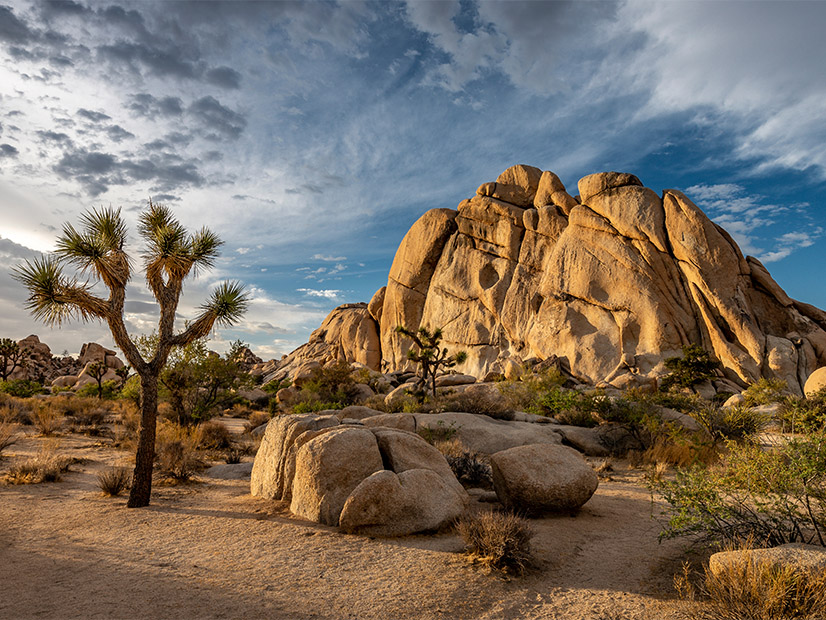
California Gov. Gavin Newsom and legislative leaders reached an agreement Monday on most parts of Newsom’s package of infrastructure bills intended to hasten clean energy development and improve grid reliability.
“We are accelerating our global leadership on climate by fast-tracking the clean energy projects that will create cleaner air for generations to come,” Newsom said in a joint statement with Senate President pro tempore Toni Atkins and Assembly Speaker Anthony Rendon announcing the deal.
The bills they agreed on include Senate Bill 149, which would streamline judicial review of certain clean energy and transportation projects by requiring that challenges to the projects under the California Environmental Quality Act (CEQA) be resolved by the courts within 270 days, including lawsuits and appeals. (See Newsom Stresses Role of Permitting in Calif. Energy Transition.)
Some environmental groups strongly opposed weakening CEQA protections.
The compromise between Newsom and lawmakers exempted from the streamlining provisions a highly controversial proposal to convey water from Northern to Southern California via a tunnel under the Sacramento-San Joaquin Delta.
Another measure, Assembly Bill 122, would allow but mitigate the removal of western Joshua trees, iconic California desert plants the state Fish and Game Commission is considering listing under the California Endangered Species Act but that occupy large swath of land slated for utility-scale solar arrays and battery storage.
Other measures include:
-
- AB 124, which would authorize the California Infrastructure and Economic Development Bank and the state Department of Water Resources to use funding from the federal Inflation Reduction Act to finance projects that reduce greenhouse gas emissions.
- AB 126, which would extend funding for the state’s Clean Transportation Program and the Air Quality Management Program through Department of Motor Vehicle fees and require an annual funding allocation of 10% for hydrogen refueling stations from the Clean Transportation Program through 2030 or until a sufficient network of refueling stations exist.
- SB 147, which would allow the incidental taking of species that are fully protected under the state Endangered Species Act during the construction of infrastructure projects and declassify the peregrine falcon, brown pelican and thicktail chub, a small fish, from the law’s list of fully protected species.
The agreement on the infrastructure bills was part of a larger negotiation between Newsom and lawmakers on the fiscal year 2023/24 budget.
In his budget plan released in January, Newsom proposed slashing $6 billion from the state’s $54.3 billion climate commitment because of this year’s tax revenue shortfall. (See Calif. Governor Proposes $6B in Climate Budget Cuts.)
Lawmakers wanted much of the climate funding restored. The two sides agreed to keep $51.4 billion of the commitment in the budget, reducing it by $2.9 billion.
Newsom had until 11:59 p.m. Tuesday to sign, veto or make line-item revisions to the bills containing the Legislature’s budget plan.


